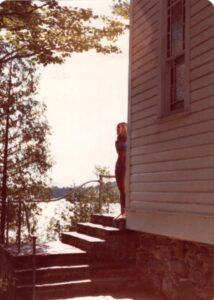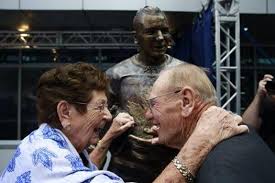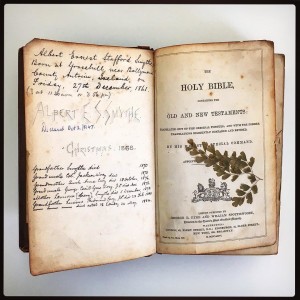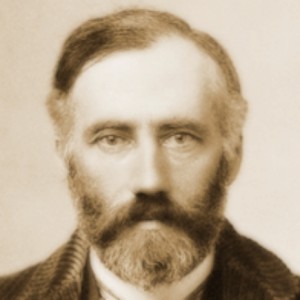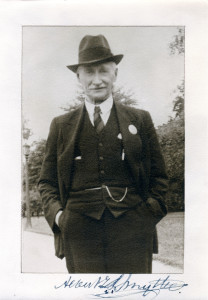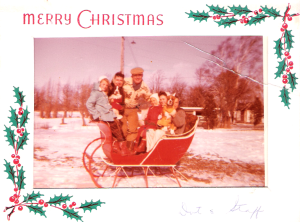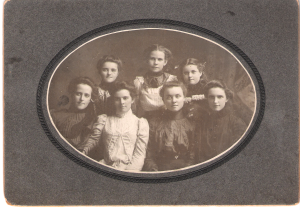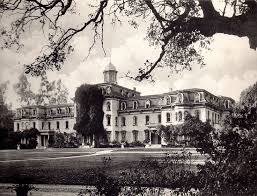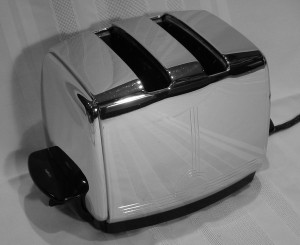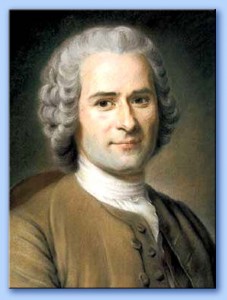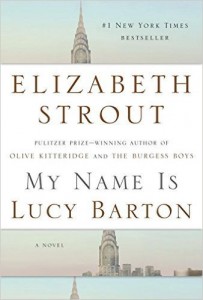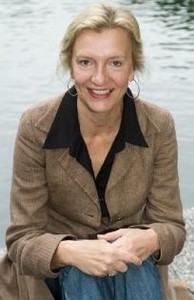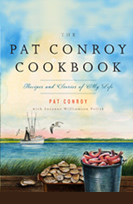What does a trip down memory lane do for you? Does it inspire you to be a better person, try harder, and improve your looks, habits, and mind? Why would, looking back, do such a thing? After all, it is not the way you are going.
In my case, it all began, as these flights of fancy often do, with news of a death delivered by an old friend to me by email. In this case, the departed was a woman who led a very long and accomplished life. It would be too easy to say that she had a good start, a sound education, and a life of privilege. Life is a relay race. One may start in a strong position and then fall flat on their face. Another may take that beginning and surprise even themselves with how well they hand off the baton. A well-remembered life should be an inspiration, not an opportunity for admonition. Somehow, I managed both.
In the winter of 1961, my parents were hunting for vacation property. We had previously summered at Lake Simcoe, a scant distance from Toronto and down the road from my grandparents. My mother, having a more woodsy sensibility, wanted to move up to Muskoka, a more rugged district further north. Settled in the late 1890s by a few adventurous millionaires from Pittsburg, Buffalo, and New York, it became known for lovely islands where large but unadorned summer homes remained hidden in the woods. Trains and steamboats delivered their passengers, dropping them off to carve out a summer full of friendships and fun. Kitchens were separate from the main house, sometimes attached by a breezeway. Huge wood stoves would roar from dawn to dusk, starting with frying up fresh trout in cast iron pans for breakfast. Then came bread, cakes, and stews to serve hungry and healthy guests who would come off the lakes with ravenous appetites. Many families had servants in tow who would live above the kitchen in more minor and hotter rooms than the main house, called cottages. Cousins and families would stay for months at a time. Elders sat fully dressed on the porches while young men ran up with the latest tale of triumphs, shirtless and barefoot. It was a time that lasted well into one hundred years. The first families of Muskoka clung to their traditions.
My mother received a call about such an old place on the shores of Lake Joseph, the most northerly and remote of the three bodies of exquisite water that form the chain. She drove to Sherwood Inn, a friendly and comfortable establishment that remained open in the winter. She and her real estate agent entered the twenty-two-acre property by show shoe. They found the old place boarded up and in terrible disrepair. Returning to the Inn, she called my father, telling him he must fly up immediately. Wondering why he couldn’t drive the following weekend, she held firm. When he arrived at an utter ruin, he told her it was time to get the nut house on the phone. All bets were off until the Queen Victoria holiday weekend, when up at the Inn with the whole family and the launch out of storage, we began exploring with a picnic lunch on board. Mom set the plan in motion to have lunch at the deserted cottage. Dad tied the boat at the dock by a boathouse, leaning on a forty-five-degree angle. Blasted by ice and wind, with bats flying out in broad daylight, we decided the place must be haunted, which we later discovered was too true. The rocks, the shoreline, the seemingly vast stretch of thick woods dotted with birch and filled with cedars, we all but lost our minds when we followed a path down to a beautiful beach. Dad waded in and went for a long swim. We followed into what felt like newly melted ice, and by the time we were back in the boat, he had decided. He told us the buildings would all go, but the southern exposure and gorgeous views would be ours for years ahead.
Over the next three decades, we were one happy family. Shoes, only worn to church or the country club; returning to the city and school was a punishment endured until June, when we would return to our beloved cottage, now named On the Rocks. It was another winter discovery when an old place nearby came up for sale. We had neighbors in the city who were also on a search. They bunked in with our parents and traveled by snowmobile to see this handsome place named Norwood. Built by a Texan, it was impossibly generous in size. While we had managed to salvage the main house with much rebuilding, they moved right in.
Learning recently of the death of Norwood’s matriarch, a trip down memory lane about my beloved Muskoka, had me searching websites and articles, learning about a vastly different reality. I found listings for island after island and vast tracks of the mainland advertised with these enticing words: family-owned for one hundred and five years, for sale for the first time. Some cottages, now in the fifth generation, cannot hold on. When we left On the Rocks in the nineties, my sister said, “All good things come to an end.” I could not agree, nor could I accept that sentiment. We found another great place on Lake Coeur d’Alene in Idaho, and it, too, is being discovered, inhabited, and changing. The old timers feel as I do, wanting the best places to remain frozen in time. Alas. Our Dad predicted we would have thirty great years in Muskoka, and then we would have to be explorers, finding another summer paradise.
The past is a treasure, the present is a glory, and the future is full of hope. I cannot see it otherwise, nor will I even try.
